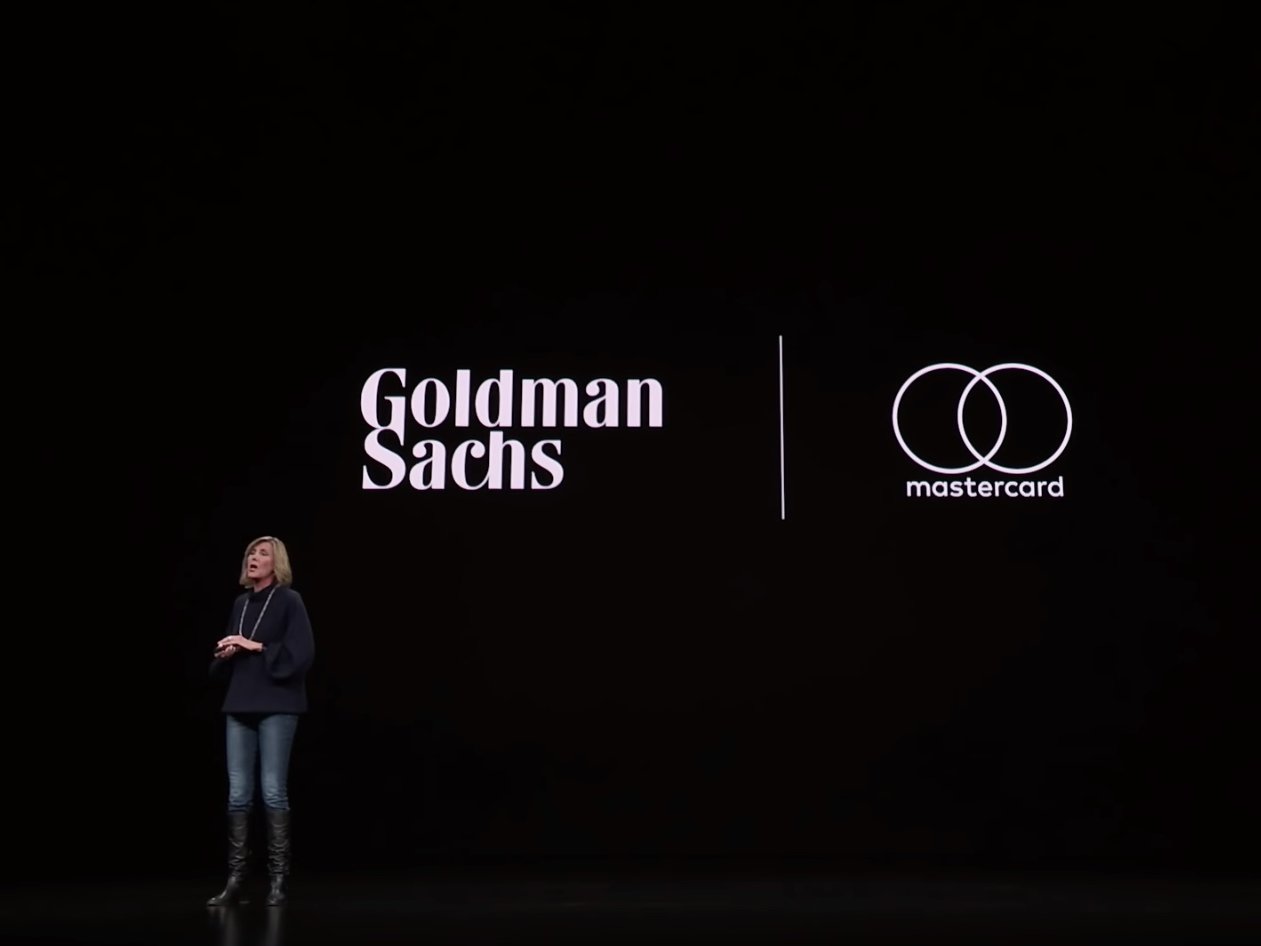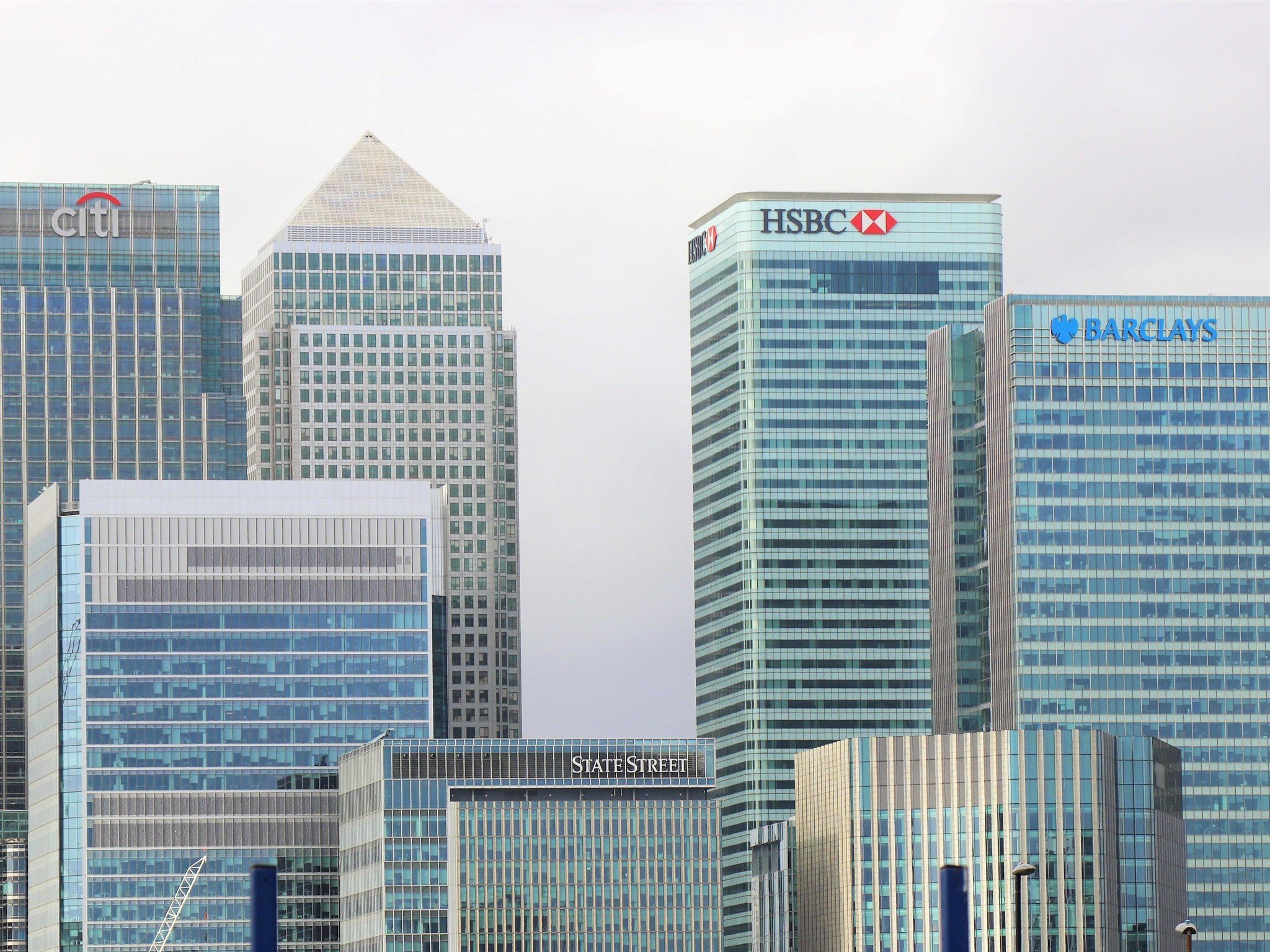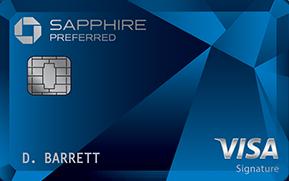Goldman Sachs bailed out Apple Card after Citigroup foreclosed on it

Heads up! We share savvy shopping and personal finance tips to put extra cash in your wallet. iMore may receive a commission from The Points Guy Affiliate Network. Please note that the offers mentioned below are subject to change at any time and some may no longer be available.
Apple Card is fast approaching, and I wouldn't be surprised to get more details about it next week at WWDC, Apple's developer conference. With iOS 13 on the way, and Apple Card slated to release this summer, it would make sense to see Tim Cook and team unveil even more details about the credit card that is set to disrupt one of the largest financial industries in the world. While Apple is bringing the Apple Card to market with Goldman Sachs, a new report by CNBC brings to light some of the details about who else was involved in the bid for the Apple Card, and why some even left a potential partnership entirely.
Citigroup, one of the largest financial institutions in the world, was apparently deep in advanced talks with Apple over the potential exclusive partnership, but left amid negotiations out of fear that the card, with its consumer-first focus, wouldn't be profitable enough for the bank. J.P. Morgan Chase, Barclays (who Apple is currently using if you want to finance a new Mac, iPhone, or iPad), and Synchrony were also in the running for the card, but it sounds like Citigroup had gotten further in the process than any of the others before bailing on the deal altogether.

After the partnership with Citigroup fell through, it appears that Apple found its partnership with Goldman Sachs, a relatively new player to the consumer finance market. Marcus, Goldman's fee-free personal loan and high-yield savings account business, has been around for a few years and was the bank's first dive into the consumer financial market. In 2018, Goldman expanded this focus by acquiring Clarity Money, a popular money management app that helps consumers track their spending, save automatically, and even cancel unwanted subscriptions.
Goldman Sach's continued investment in consumer-first banking services and the scale at which they are accustomed to operating have apparently made them a good partner for Apple, and they obviously have also agreed to the features of Apple Card that other banks were not willing to: lower interest rates, no fees, and data privacy. With Apple's sheer number of iPhone users, it's hard to imagine that Goldman won't see a win with the Apple Card. Even with agreeing to no fees and an inability to share cardholder data to marketers, interest rate payments will more than make up for it.

With its sign-up bonus having just jumped to 60,000 points when you spend $4,000 in the first three months, now's the time to add the Chase Sapphire Preferred® Card to your wallet. Even better, future travel and dining purchases earn 2x points per dollar spent and it includes valuable travel benefits like primary car rental insurance. All of these extras make its $95 annual fee easy to justify.
iMore offers spot-on advice and guidance from our team of experts, with decades of Apple device experience to lean on. Learn more with iMore!

Joe Wituschek is a Contributor at iMore. With over ten years in the technology industry, one of them being at Apple, Joe now covers the company for the website. In addition to covering breaking news, Joe also writes editorials and reviews for a range of products. He fell in love with Apple products when he got an iPod nano for Christmas almost twenty years ago. Despite being considered a "heavy" user, he has always preferred the consumer-focused products like the MacBook Air, iPad mini, and iPhone 13 mini. He will fight to the death to keep a mini iPhone in the lineup. In his free time, Joe enjoys video games, movies, photography, running, and basically everything outdoors.
